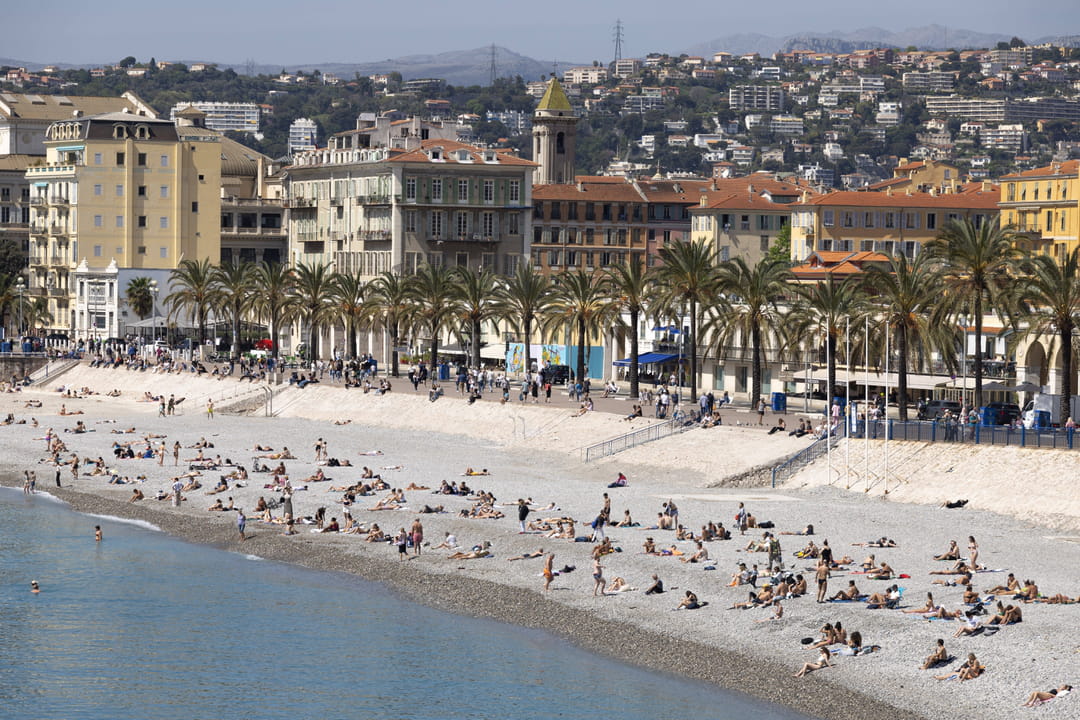Temperatures are yo-yoing in France. What to expect for July and August? Specialists are already talking about the risk of a worrying “over-summer”.
Temperatures have continued to rise in France in recent years with intense heat arriving earlier and earlier in spring and early summer. And the year 2024 is breaking all records. Meteorologists fear another scorching summer, a situation that will always be difficult to live with, especially for the most vulnerable. For this summer, The Weather Channel forecasts temperatures above seasonal norms in July, of the order of +1 to +2 degrees on average. This would place this period in the same range as last year. A occasional stormy axis could also emerge from the southwest to the northeast, making the summer of 2024 less dry than the previous one. The forecasts still need to be clarified, particularly regarding precipitation.
Ruben Hallali, meteorologist, however, spoke about BFMTV the risk of an “over-summer”, caused by a cycle with “from the arrival of spring, from the end of March, from the beginning of April, the capacity to have days which are summer” then a summer “which drags on a little in autumn, until mid-October, with still very hot weather. During this “over-summer” phenomenon, which could occur between June and August, temperatures could approach 40 degrees while the maximum seasonal normals tend to be around 30 degrees. For the meteorologist, it is possible that over-summers will continue in the years to come.
Such temperatures have already been reached in 2023. With 43 degrees in Carcassonne, 42 in Toulouse, 41 in Lyon in particular, many cities had broken maximum temperature records. The summer of 2023 was then ranked as the fourth hottest summer since 1900, just behind 2003, 2018 and 2022. The over-summer is also accompanied by increasingly short winters.
However, can we qualify it as a fifth season? “From an academic point of view, talking about five seasons doesn’t really make sense, because we base ourselves on astronomy,” responded to TF1 Gaëtan Heymes, forecaster at Météo-France. If the four seasons are well preserved, it is certain that they evolve in particular with summer temperatures which extend over time. “Previously, the hottest temperatures in the heart of summer were generally seen between July 15 and August 15. Now, temperatures in early July tend to correspond to what was the heart of summer, with an extension of the heat wave period, we can have them earlier or later,” he analyzed.

